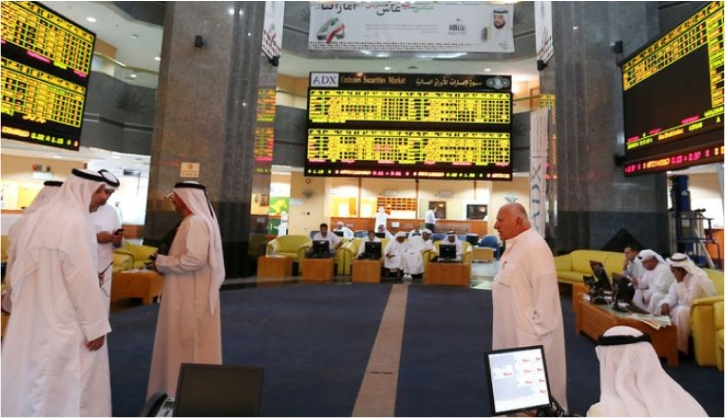Japan’s trade deficit edged higher in September despite exports rising at their fastest pace in seven months.Exports jumped 6.9% from a year earlier to 6.38tn yen ($60bn; £38bn), while imports rose 6.2% to 7.34tn, leaving a deficit of 958.3bn yen, up 1.6% from September 2013.
The weak yen has helped bring down the cost of Japanese goods sold abroad.
The finance ministry data showed that exports to Asia were strong, with sales to China up 15% for the month.
However, a consequence of the weaker yen has been to raise the cost of importing fuel, raw materials and components, hurting the manufacturing sector in particular.
“Exports staged a rebound but they are still lacking momentum as a trend, as Japanese carmakers and other firms are shifting production abroad and global growth remains moderate,” said Takeshi Minami, chief economist at Norinchukin Research Institute.
Recent weak economic data has heightened speculation that the government may announce fresh stimulus measures to get Japan’s economy moving.
On Wednesday, an economic adviser to Japanese Prime Minister Shinzo Abe, professor Etsuro Honda, said a new planned sales tax rise should be delayed until April 2017 to avoid hurting consumer spending.

















